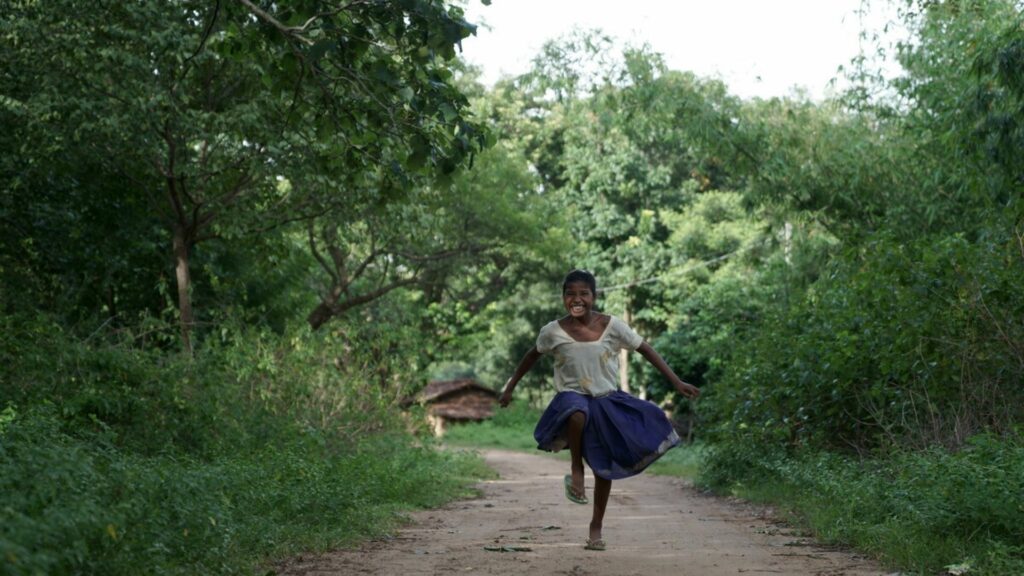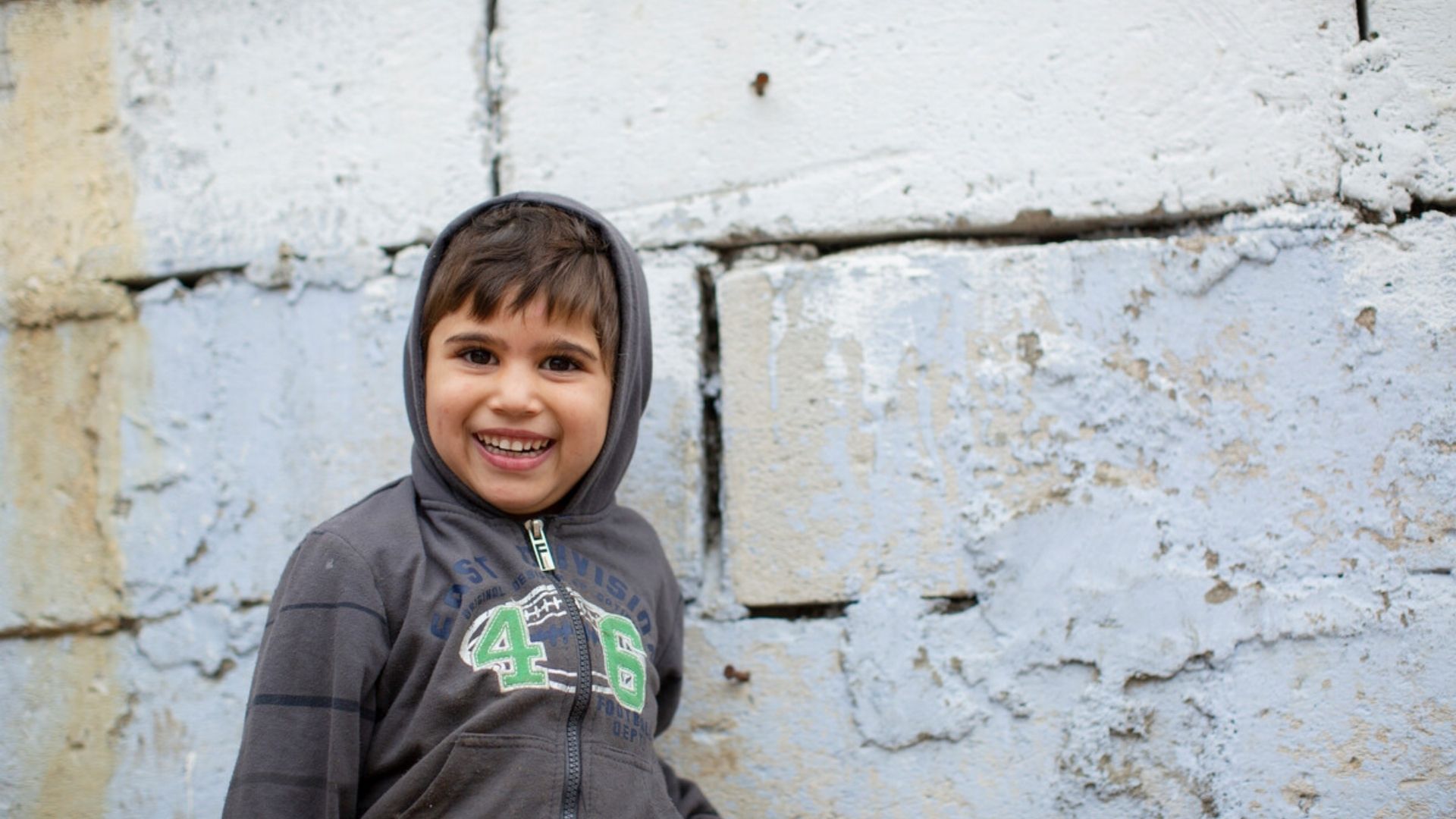Our mission is to be the catalyst for the global elimination of institutional care for children. In March 2022, we launched our new strategy – Alive with Hope – outlining how we will achieve our mission.
Our aim
By December 2030, worldwide, we will be approaching a consensus that, orphanages will be an unacceptable way of caring for children.
How will we make orphanages unacceptable?
By leading and supporting national reform of child care and protection systems in the countries we work in – reducing the number of orphanages in each. Discover each of the four pillars of achieving national reform:
Governments don’t just need to commit to reform, they need a vision for what that reform should look like. That brings the clarity of purpose needed to shape plans, budgets and legislation within the national context. This vision must clearly make links with and fully integrate child protection and care reform across relevant systems, including health, education, the judiciary and social services.
Sustaining reform requires leadership across governments and from one administration to the next, to ensure active commitment over the long term. Political will is especially important in overcoming widespread resistance to and fear of change. For example, the large workforces associated with orphanage systems and orphanage economies will be concerned about their jobs in the context of reform. Having a clear vision for what reform looks like should help everyone understand that there are important new roles they can fulfil in preventing family separation and in supporting children to transition out of orphanages into family care.
Not only is every country different, every child is different. Listening to children’s views and incorporating these in the development of the services they will benefit from is critical in successfully moving from orphanage to family-based care systems. Knowing why families break down, which children are most affected and why, and what communities can do to prevent this are crucial to designing and implementing prevention and reunification services at scale. Pilot projects are needed to show how this can work in each context. And the information they yield strengthens the case for reform while providing us with a baseline against which to judge success.
Children and families face complex, different challenges, from food insecurity, through housing problems, to disability.
Orphanages are routinely used by social workers and medical practitioners as a one-size-fits-all solution, regardless of the challenge. Consequently, the skills and capability of key staff to develop alternative family-based solutions are often absent. To change, countries need to know what skills and expertise they have, which are most relevant to the reform process, who has them and how they can be further developed and knowledge shared. Countries also need an accurate view of the capacity of existing systems, especially case management systems, that are the basis upon which decisions are taken about the services that individual children will benefit from. As always, the voices of children in these decisions are important. And so the development of and training in locally appropriate ways of ensuring the participation of children is crucial.
Budgets for reform are too often calculated on the basis of expense rather than investment.
Consequently, financial considerations are skewed toward cost rather than what is actually being bought – improved health, education, well being – and whether or not that represents value for money.
Budgeting for reform must not become detached from the outcomes it is seeking to deliver – this is the only way we can assess cost-effectiveness. In the initial stages of reform, more money is needed to sustain the existing system while developing the new one. But this generates a social return on investment. As the funds concentrated in orphanages are gradually unlocked through transitioning to the family-based care system, they can be increasingly allocated to preventing family breakdown and separation, and in support of alternative family services. And that’s how additional funding can be gradually reduced. Rather than aiming solely for cost reduction, maximising available funding for families leads to better outcomes for more children, across more generations, which will be more cost-effective for society over the long term.
We’re proving that this approach to reforming care and protection systems works. We’re doing that right now, through practical projects in the eight countries where we have programmes, and in a ninth through our advocacy.
Building a global consensus
To build a consensus that orphanages are an unacceptable way of caring for children, we need a majority of countries to commit to reform. So we and our partners need to demonstrate that the complete elimination of orphanages really is possible, nationally, in lots of different contexts. Then we use this evidence to persuade a critical mass of countries to reform their care systems too.
Watch our short film, which explains how we’ll reach a tipping point:
Our strategic objectives
Working as a catalyst, we’ll identify and develop strategic partnerships that will, by December 2030:
1. Complete the elimination of orphanages in four countries
and make meaningful progress in delivering national child protection and care reform in a further five. At the same time, we’ll coordinate with partners in 11 countries, where we don’t work, who are pursuing the same goals. Together, we’ll build international momentum and proof of concept to demonstrate that change is possible regardless of national context.
2. Establish child protection and care reform as a human imperative
to development programming and human rights monitoring. We’ll work towards securing significant commitments to implementing reform across a growing number of countries.
3. Put in place international financing mechanisms
that will support countries that need it, to help them prepare for reform and ultimately commit to it.
We will, wherever possible, continue to push for legislation that prohibits support for orphanages and redirects it toward locally developed, scalable solutions that will drive reform forward.
The action we will take
The global context is more dynamic now than it’s ever been. We know that we’ll need to learn and adapt as we go. So, we’ll split the delivery of our strategy into three review and planning cycles, of three years each.
Discover the actions we'll take
Over the next three years, we’ll
– Complete the elimination of orphanages in two countries (Rwanda and Bulgaria)
– Make meaningful progress toward elimination in two countries (Romania and Moldova)
– Secure commitment to national reform in three countries (South Africa, Nepal and Kenya)
– Expand sub-national commitment in two countries (Ukraine and India)
– Convene a coalition in which partners operating in an additional 11 countries agree to coordinate their work to a common timescale with us
– Develop and publish our roadmap for care reform: Beyond Institutionalisation – distilling nearly 30 years of our experience for a global audience, whilst further developing the evidence that, combined, will strengthen our efforts to integrate child protection and care reform, within national implementation of the SDGs and human rights commitments
– Raise awareness of the importance of care reform among influential audiences, and target opportunities to harness public engagement to trigger them into action
– Work with public-private partnerships – including our Private Sector Task Force and other relevant stakeholders – to research and design mechanisms for financing reform internationally, and secure their help in identifying and approaching prospective investors
By the end of our first three-year phase in December 2024, we will have ensured that:
– fewer children will have been separated from their families
– increased numbers of children will have been reunited with their families or placed into forms of alternative family care
– increased numbers of orphanages will have been closed
– the child protection and care social workforce will have increased
– public authorities and other decision-making agencies will be actively finding ways to be more accountable to children

